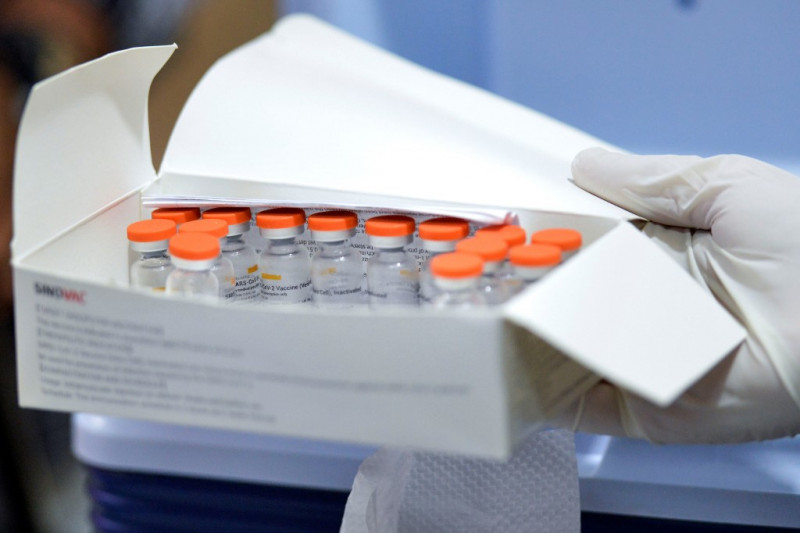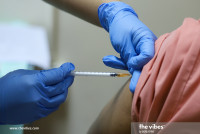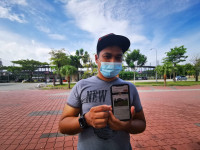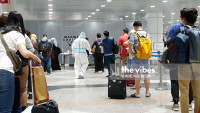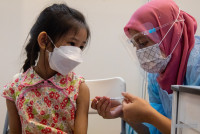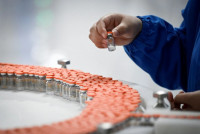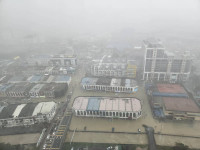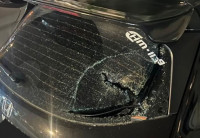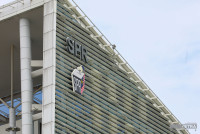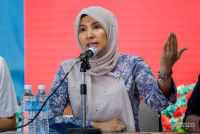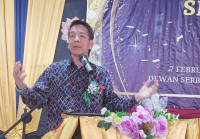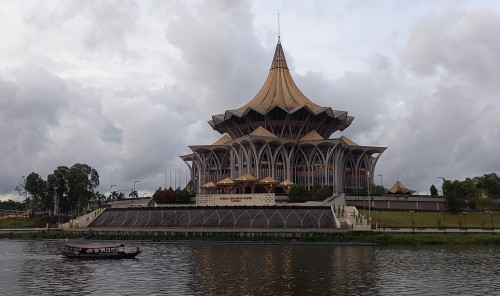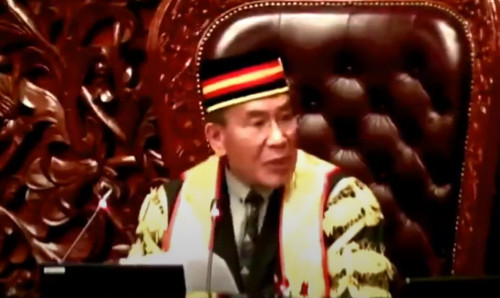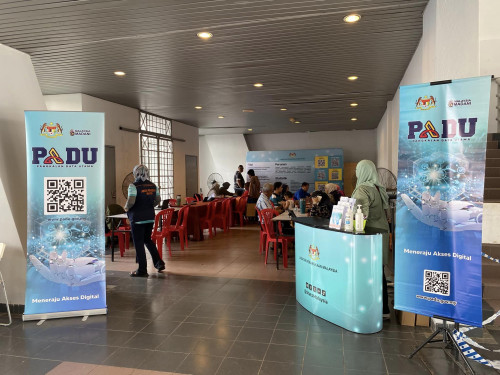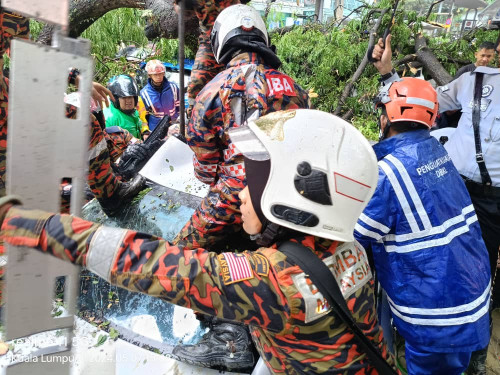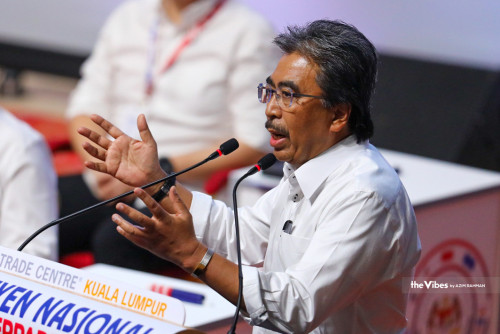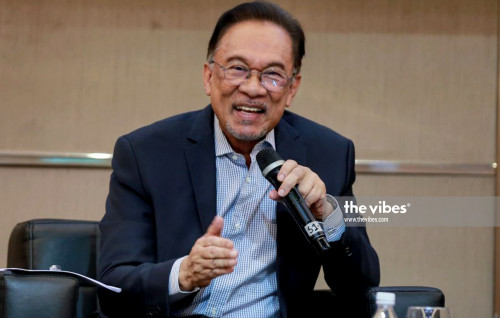KUALA LUMPUR – The Health Ministry hit back at Pharmaniaga Bhd after the pharmaceutical company disputed Health Minister Khairy Jamaluddin’s claims that a Pfizer-BioNTech booster dose would offer greater protection against Covid-19 infection especially for Sinovac primary vaccination recipients.
The ministry’s Institute for Clinical Research (IRC) said the prevailing facts and evidence cited by Pharmaniaga in its statement yesterday were misrepresented.
In a statement today, IRC said that there is emerging and consistent evidence that heterologous booster vaccination (with different vaccines), results in more robust immune responses and is more effective than homologous boosting for recipients of primary series of inactivated vaccines (Sinovac).
It cited a study in the Dominican Republic that highlighted that neutralisation against the Omicron variant was undetectable in participants who had received two doses of Sinovac.
Meanwhile, a Pfizer booster (heterologous mRNA vaccine booster) resulted in 1.4 times more neutralisation activity against Omicron compared to only two doses of a mRNA vaccine.
However, despite this increase, the neutralising antibody titres were still lower for Omicron compared to ancestral and Delta variants.
“In this study, there was no homologous booster (Sinovac) group of participants to allow comparison between heterologous and homologous boosting regimens.”
The ministry also highlighted two separate students, comparing heterologous against homologous booster regimens for Sinovac primary series recipients.
Both studies, conducted in Hong Kong and Brazil respectively, showed that heterologous boosting resulted in more robust immune responses than homologous boosting.
“In a study done in Hong Kong, a heterologous Pfizer booster following two doses of Sinovac improved neutralising antibody levels against Omicron at three to five weeks post-booster dose.
“Three doses of Sinovac failed to elicit neutralising antibody responses to the new variant in most recipients.
“Another study conducted in Brazil found that heterologous booster doses of AstraZeneca, Janssen, and Pfizer vaccines substantially increased the neutralising capacity of serum samples against both Delta and Omicron variants (at least 90% seropositive after booster), compared to strikingly lower responses observed after a homologous Sinovac booster with only 35% becoming seropositive against Omicron,” it said.
In an interim statement on booster doses, the World Health Organisation remarked that both homologous and heterologous booster regimens are immunologically effective.
However, it said that it is not possible to predict with high confidence the performance of vaccines based on immune responses alone, as no correlation of protection has yet been defined.
A study of the Covid-19 vaccine’s real-world effectiveness under the Malaysian National Covid-19 Immunisation Programme study found that those who had just received booster doses were at least 90% less likely to be infected with Covid-19 than those with only two doses.
“Among Sinovac recipients, a heterologous booster (Sinovac primary vaccination, followed by a Pfizer booster) offered greater protection against infection than a homologous booster dose (three doses of Sinovac).”
The study used data from November 21, 2021 until January 7, 2022 to compare Covid-19 infection rates among recipients of booster doses and those who had only completed primary vaccination (at least 14 days after receiving booster or primary doses).
The analysis is based on real-world data, which included 13 million people who had received Pfizer and Sinovac primary vaccination series.
“Therefore, the ministry continues to recommend Pfizer or AstraZeneca as the preferred booster for Sinovac vaccine recipients, in line with emerging evidence and the ongoing Omicron wave,” it said.
Yesterday, Pharmaniaga issued a statement highlighting research that showed two doses of Sinovac Covid-19 vaccine with a Pfizer booster are less effective against Omicron.
It noted that a study conducted by Yale University showed that two doses of Sinovac vaccine with a Pfizer booster dose “are less effective and produce a lower immune response against the Omicron variant compared with other strains”.
Pharmaniaga, which is the country’s sole distributor of Sinovac, also pointed out a separate research conducted by the Dominican Republic’s Health Ministry and other institutions that had shown that the two doses of Sinovac Covid-19 vaccine with the booster shot of Pfizer are less effective and produce a lower immune response against the Omicron variant compared with other strains.
The pharmaceutical company’s statement contradicts a tweet posted by Khairy last November which stated that “for Sinovac recipients, a Pfizer booster is the best choice to increase your level of protection”.
On Monday, Khairy said recipients of the Sinovac vaccination primer doses can pick the same brand for their booster shots.
Speaking in a press conference, he said the decision was due to the reluctance of Sinovac vaccine recipients to take booster doses of different brands such as Pfizer-BioNTech and AstraZeneca.
“Although MoH (Health Ministry) still believes in encouraging them to take Pfizer or AstraZeneca booster doses, taking any booster is better than no booster,” he said.
According to Khairy, 3.5 million recipients of Sinovac primer doses have yet to receive their booster shots, and the Health Ministry will be issuing appointments for them.
He said the colour of the vaccination certificate for Sinovac recipients in the MySejahtera app will also change to white if they have not taken the booster dose before March.
“If they do not get the booster dose in February, their yellow-coloured vaccination certificate will change to white beginning March 1, 2022,” he said. – The Vibes, February 9, 2022



